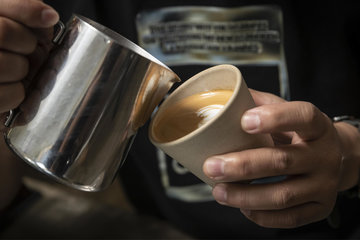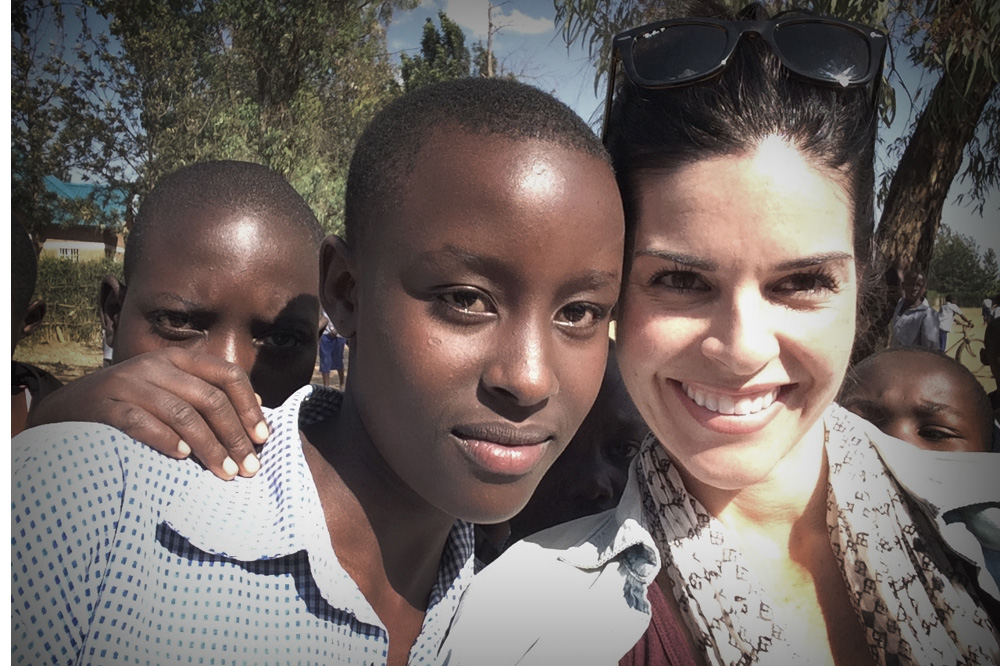
Working as Chief Development Officer for Healthy Minds Innovations and an advisor for the Global Philanthropists Circle, Casey Supple is known as a super connector of global philanthropists. We ask Supple, who used to work for Columbia University’s Earth Institute, about the benefits of goodwill and about some of the most impressionable people she’s met. Plus, Supple, who is also known as a mindfulness innovator and shows interest in the science behind spirituality and happiness, explains the best ways to start giving back and commit to being a humanitarian.
Can you explain the connection between giving and feeling happy?
There is an emotional response we have when we do something good for someone else. The smile that crosses our faces or the excited feeling we get in our bodies when we know we just helped someone. That can simply make us feel happy, giddy or excited.
In terms of our spiritual self, whenever you want to feel something, the resolution is to give that feeling away. If you want love, give love. If you want happiness, give happiness. What we put out there, comes back to us.
Scientifically, when we do something altruistic, the reward centres for our brains are activated, the ones we have for food and sex, as well as the area that is active when we see people we love romantically or babies. Giving, or doing something good for someone other than ourselves, also activates the hormone oxytocin, which makes us feel connected to one another and thus happier.
Our brains are smart. They know if we help someone there is a return on that investment, in not only our wellbeing, it also enhances our survival.
What’s the best way to start being more philanthropic?
Start by doing one act of kindness, whatever that looks like for you. Hold the door for someone, let someone go in front of you in line, give a little extra in a tip for someone in the service industry, make a gift - of any size - to an organisation that aligns with your passion, send a sweet note or text to someone you care about just because. Set a goal for yourself to do one nice thing every day for a week. Don’t overthink it, just start by doing one simple thing.
A fun experiment would be to see how it feels if you didn’t share that you are planning to do one nice thing, you just did the nice thing and enjoyed that connection to yourself.
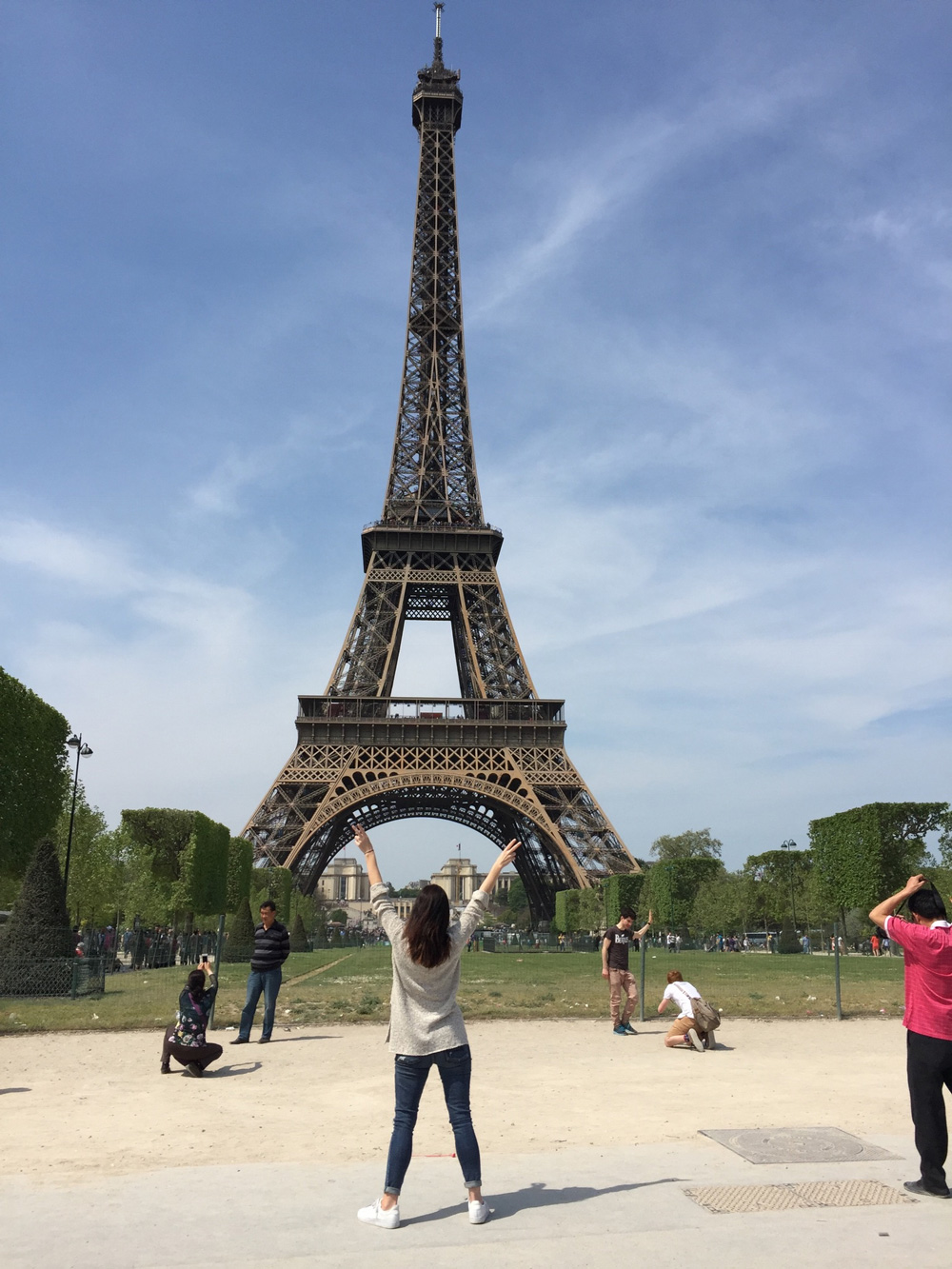
Casey in Paris
You’ve travelled around the world as part of your job. Tell us about some of the most giving people you’ve met and how that’s affected their characters.
Once a person makes a financial or time commitment to a programme, they feel like an impactful part of the project they are supporting. I’ve travelled to Africa with donors so that they could see the impact of their giving first hand. More often than not, they actually wanted to give more than they originally committed.
A philanthropist I worked with made a commitment in a meeting that was much larger than he was planning on or had ever given because he saw it as a personal exercise of getting out of his comfort zone. Giving is like a muscle, when you give more than you thought you could, you actually learn that you had a bigger capacity than you thought. Just like when we try something new, we gain a bit more pride in ourselves for simply doing it. He felt like a leader in his community after that. He walked the walk.
I’ve also experienced people volunteering their time, which made them feel exponentially happy for several days after.
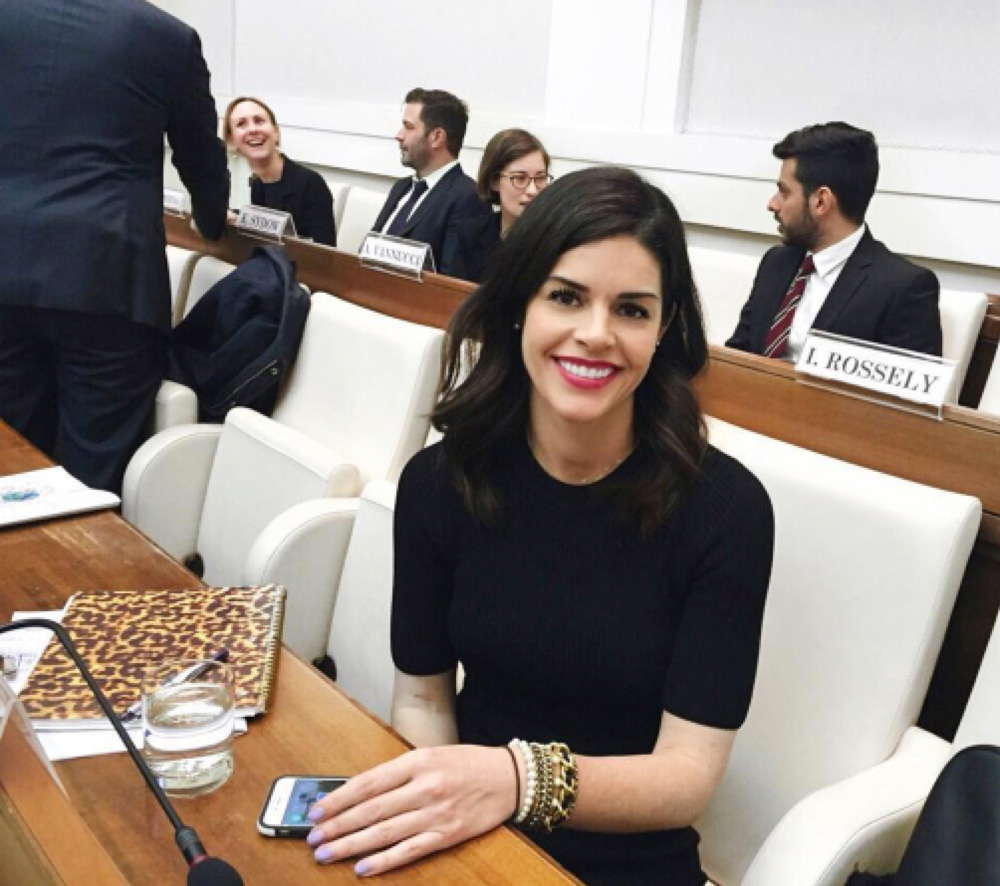
Casey Supple at the Vatican
The Year of Giving in the UAE has initiated lots of goodwill, for example restaurants serving free food to workers. What can be done to keep the momentum going?
For one thing, when the Year of Giving is over, the UAE can still keep their goodwill programmes going. Let the companies that are doing good know that it’s important to you, as a consumer of their product, that they continue. Speak with your money. Continue to buy from places that are committed to helping more than just their bottom line. You can make a personal commitment to continue your activities that were inspired by the Year of Giving. Look at this year as just the starting point.
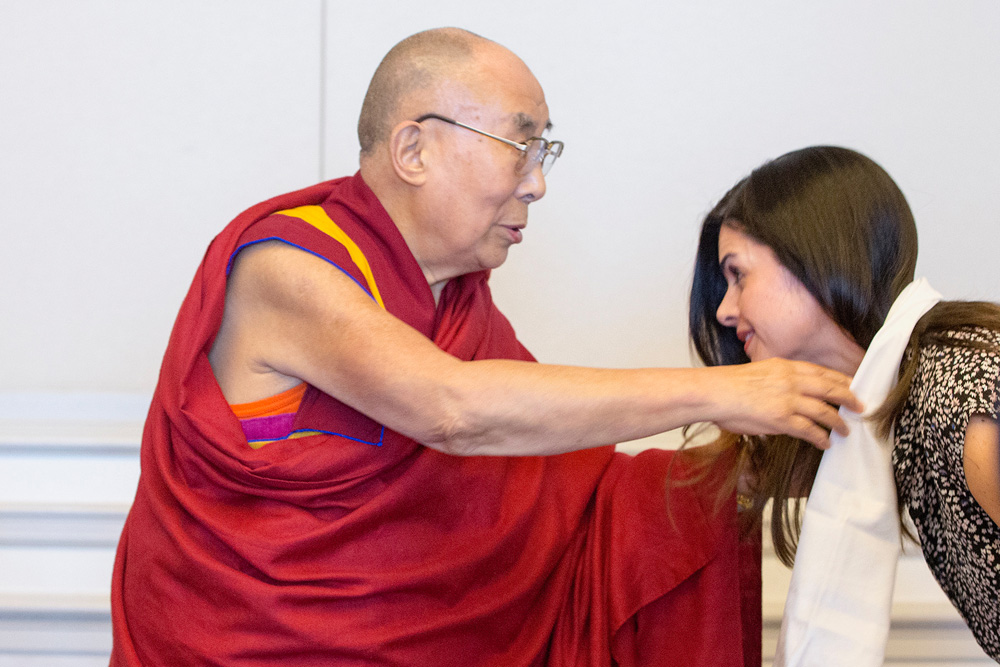
Casey with the Dalai Lama
Some people feel they won’t make a difference as an individual, but one act of kindness can start a “Pay It Forward” reaction can’t it?
Absolutely, one small act of kindness can be the catalyst for a chain reaction of kindness. You never know how your kindness can impact someone.
There are studies that show once people volunteer their time they feel better physically, their stress levels decrease and generally feel happier. When someone does something nice for us, we in turn want to reciprocate, it’s a reaction that happens in our brains and then in life. One act actually has a multiplying effect. You might do something nice for someone, who in turn does it for someone else, who does something nice for someone else…. it’s a beautiful, empowering way to be in the world.

